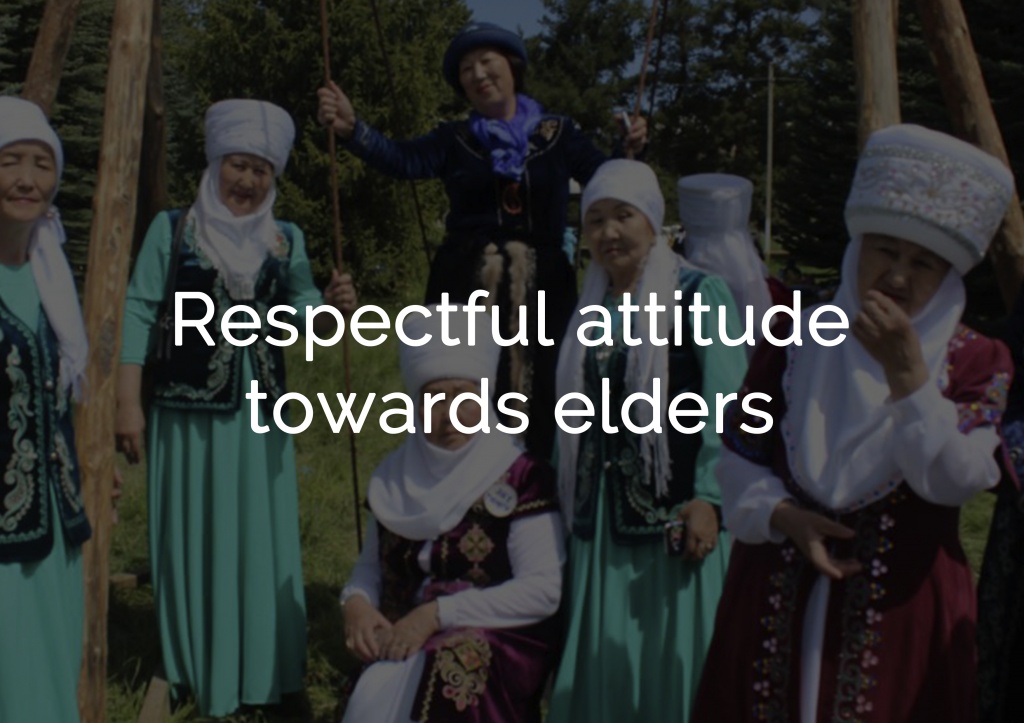
Kazakh people are known for their respectful attitude towards the older generation, which is expressed in traditions where the elder are given the leading role. For example, the younger should always be the first to greet the elders.
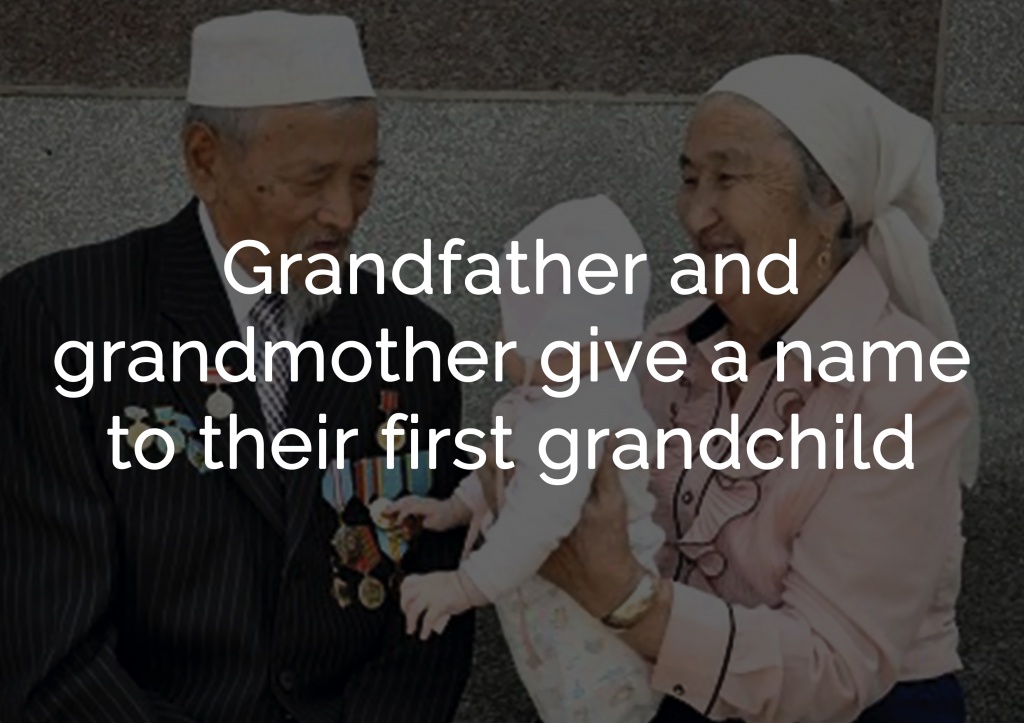
Traditions concerning the birth of a child are strictly observed by both urban and rural residents. For example, in our time the right to give a name to the first child — "at koyu" — belongs to grandfather and grandmother. Previously, the honor of calling the child fell to the eldest of relatives.
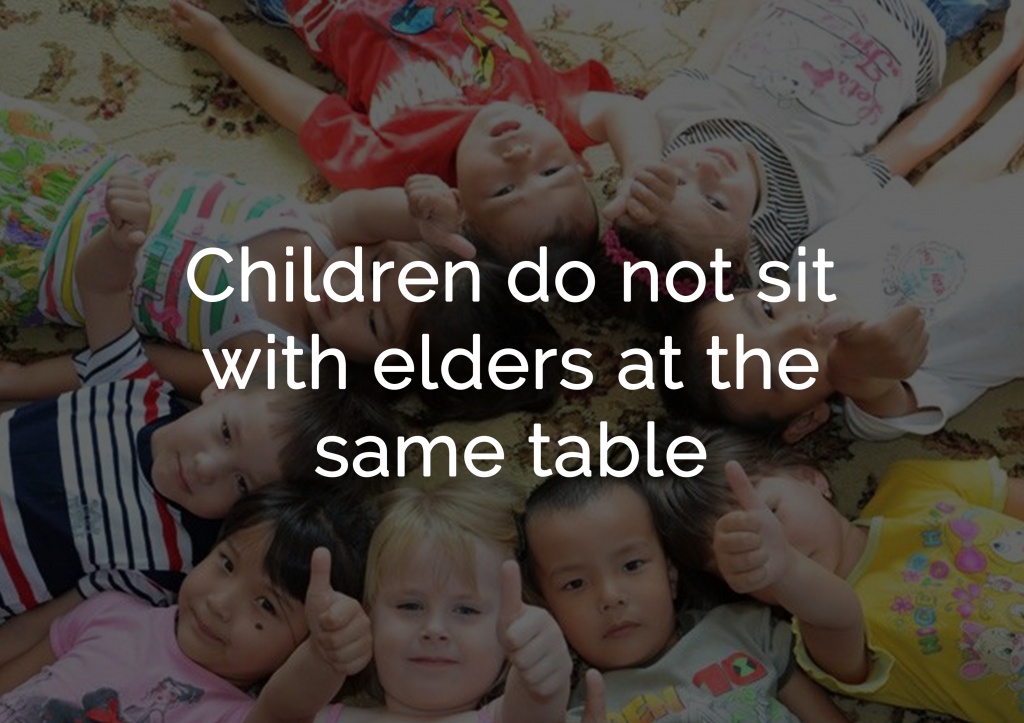
During the arrival of guests, children are sent to another room, where a separate dastarkhan (table) is served for them.

Speaking of names, the Kazakh people treat this tradition with great attention, investing in each name a special deep meaning. When only girls are born in the family, the youngest girl is given the name — Ulbala or Ulbolsyn (boy), so that the next child must be born — the successor of the family.
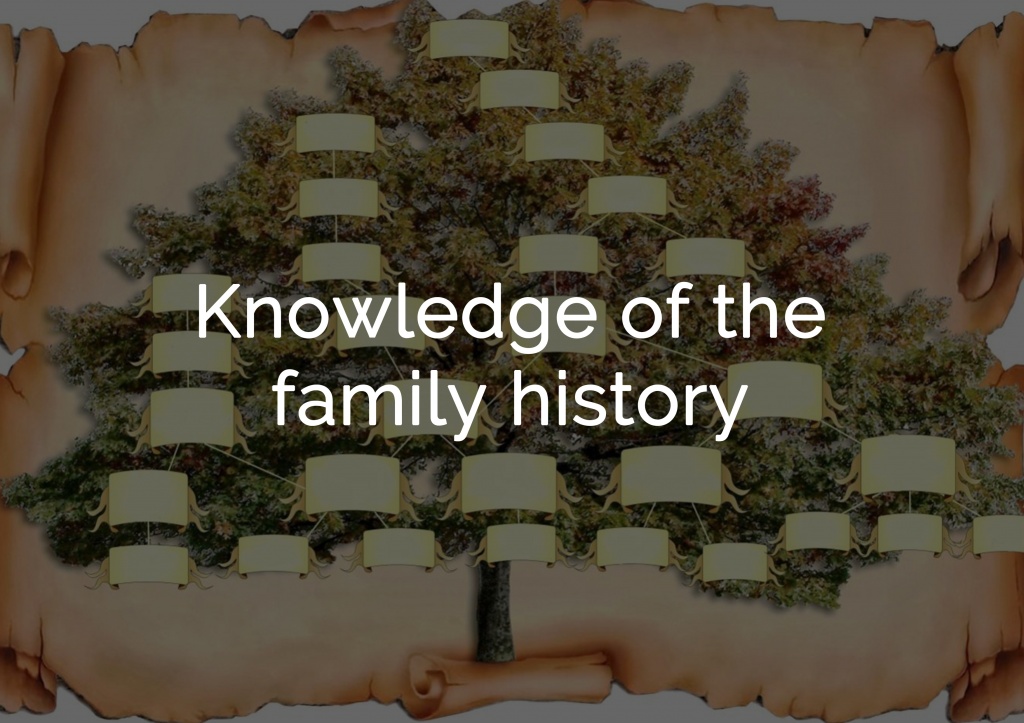
Every Kazakh should know to what clan he belongs, and be able to list seven generations of his ancestors by his father. Kazakh people from ancient times knew about the harm of intermarriage, therefore, in order to avoid incest, it was the duty of every Kazakh to know the ancestors to the seventh tribe.

The older child is often given to the father's parents. It is believed that with the upbringing of the grandfather and grandmother the child becomes more responsible, takes the wisdom and experience of the elders. And since the eldest child in the family is an example for younger siblings, this way of upbringing is most preferable.

Many Kazakh families follow "ake murasy", according to which the youngest son remains the heir to the father's hearth and property. Moreover, the younger son is responsible for the care of elderly parents.

Amengerlik is an ancient Kazakh tradition, permeated with the idea of humanism, according to which a widowed wife married one of her husband's brothers. The purpose of this tradition was to support the widow and her children who were left without father. Today one of the brothers of the deceased spouse cares and helps an orphaned family without marriage.
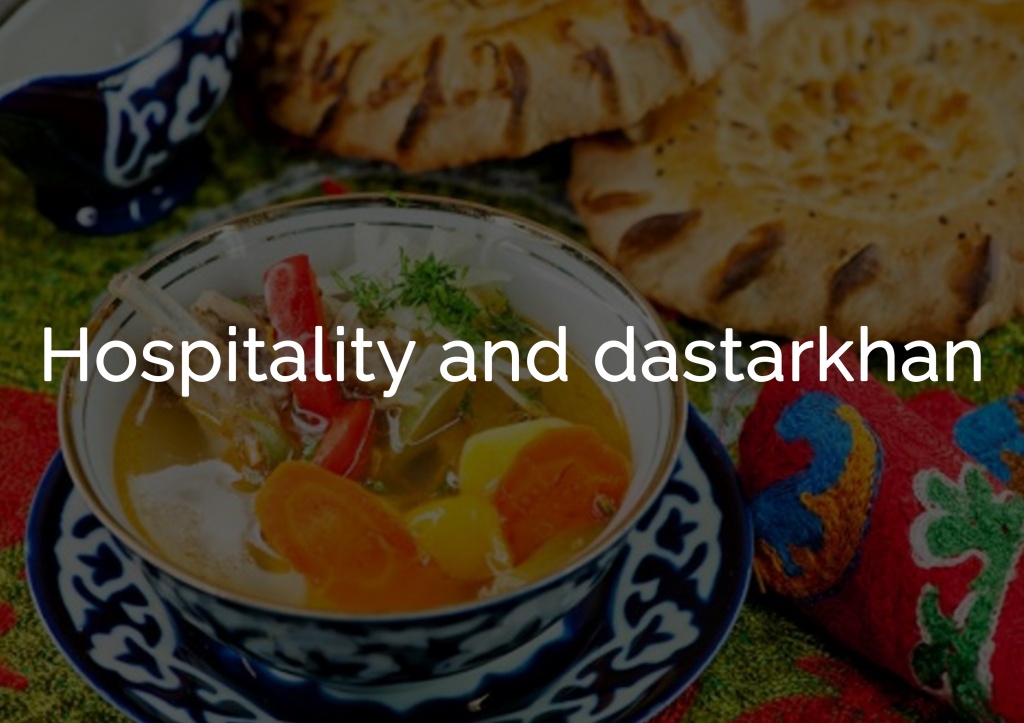
No triumph is unthinkable without a rich dastarkhan, which goes back to the tradition of Kazakh hospitality. For immemorial times, Kazakhs trying to treat him with the best dishes, and then, when the guest is going to leave, they do not let him go empty-handed.